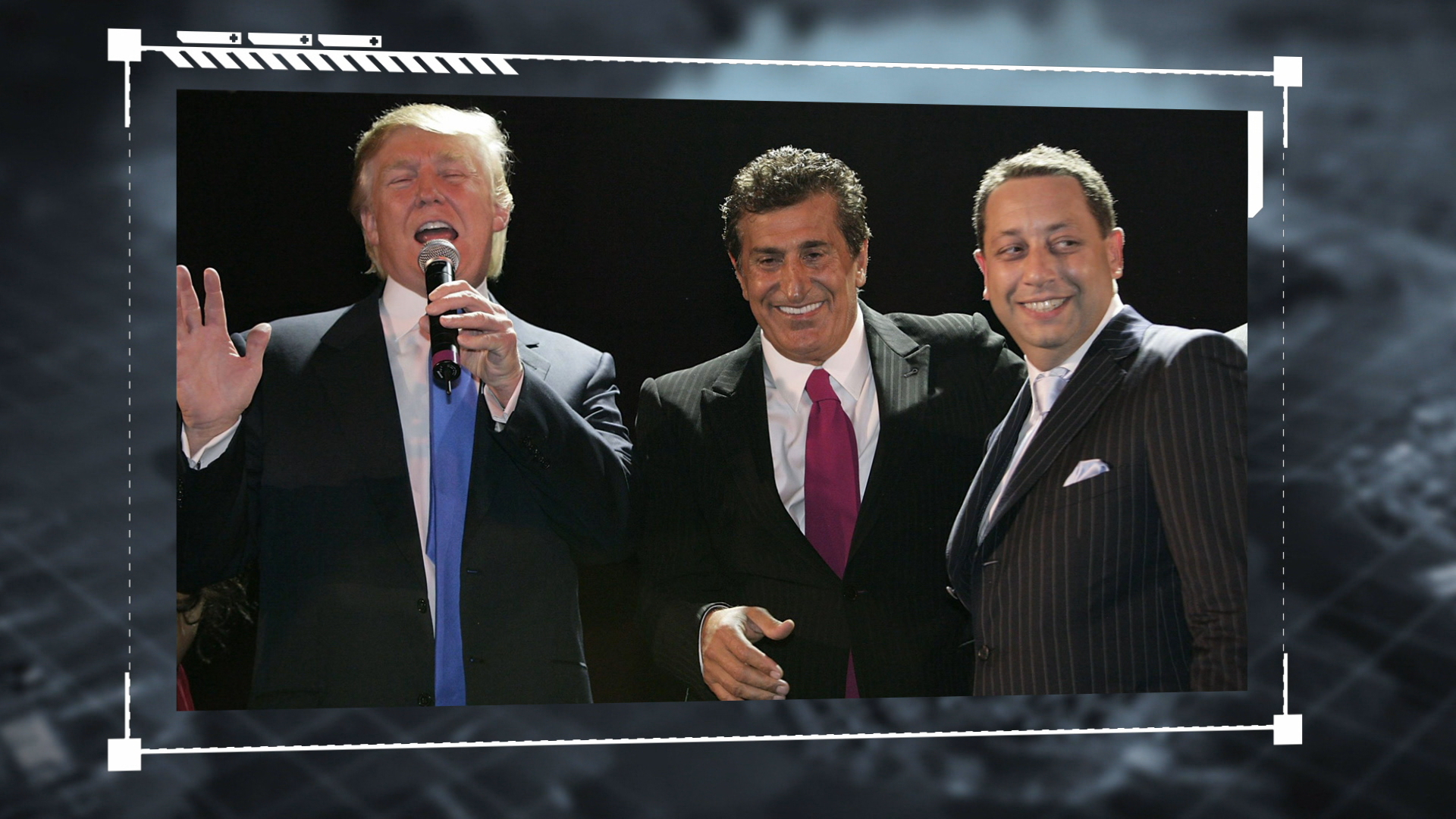Onafhankelijke onderzoeksjournalistiek
Trump business partner accused of involvement in Dutch-based money laundering scheme
02-05-2017
• leestijd 3 minuten
• 1047 keer bekeken
• 
Dutch letter box companies implicated in million-dollar fraud
The American real estate development company Bayrock, through which Donald Trump constructed hotels and apartment complexes, used Dutch letter box companies in a network suspected of being involved in money laundering. A ZEMBLA investigation suggests that Bayrock siphoned off $1.5 million dollars by setting up a corporate structure in the Netherlands in 2007. In New York, Bayrock also stands accused of large-scale tax fraud. This incriminating information could place Donald Trump in an extremely difficult position, claims attorney F. Oberlander, who is prosecuting Bayrock on behalf of the State of New York: “The maximum jail term would be 30 years. So you’re in really serious trouble.”
In 2005, Donald Trump became 18% owner of an hotel-condominium known as Trump SoHo. Bayrock, the other owner, is accused of perpetrating fraud on a grand scale through, among other things, Trump SoHo. According to US law, this means that Trump is jointly liable for Bayrock’s criminal activities. Oberlander concludes:
“Anybody running a business through a pattern of crime is guilty of racketeering. Anybody knowing what they’re doing and are helping is guilty of racketeering conspiracy. They go to jail.”
“Anybody running a business through a pattern of crime is guilty of racketeering. Anybody knowing what they’re doing and are helping is guilty of racketeering conspiracy. They go to jail.”
All Bayrock wants is to make clear to ZEMBLA that the Dutch corporate construction was established on the advice of an external legal counsel. ZEMBLA discovers that the firm in question is Bracewell & Giuliani. Rudy Giuliani, the former mayor of New York, and part owner of the law firm at the time, is also a Trump confidante. ZEMBLA has access to correspondence between the law firm and the Dutch director of a trust company in Amsterdam, which leaves no doubt as to the ultimate beneficiary owners of the Dutch business construction: the director of Bayrock and the Khrapunov family from Kazakhstan.
Viktor Khrapunov is a fugitive ex-mayor and governor from Kazakhstan. The Kazakhstan government accuses Khrapunov of embezzling hundreds of millions of state assets. In 2007, Bayrock and the Khrapunov family founded the Dutch joint venture KazBay B.V. ZEMBLA has copies of the act of incorporation, bank statements and internal communications showing how the suspected money laundering scheme was set up. “It was designed to get millions of dollars out of New York into Europe. Through KazBay. KazBay was just a conduit”, asserts attorney Oberlander.
The Dutch director of KazBay B.V. tells ZEMBLA that he has no knowledge of his clients’ dubious backgrounds. In 2007, the year that the Dutch letter box companies were established, Viktor Khrapunov’s alleged criminal dealings become public knowledge. Around the same time, it also becomes clear that Felix Sater, one of the Bayrock owners, has concealed his criminal past and mafia connections.
For years, the Dutch Central Bank has been concerned that Dutch trust companies are failing to comply with legislation. Over half of the companies investigated by the Dutch Central Bank are in breach of the regulations, such as subjecting their clients to rigorous screening. Investigations performed by the supervisory body reveal that hundreds of politicians from Russia and Kazakhstan make use of Dutch trust companies. Frank Elderson, director of the Dutch Central Bank: "There are no legal stipulations forcing you to do business with a former political hot-shot from Russia or any other high risk nation."
Six months ago, the Financial Times reported that, in 2013, the Khrapunov family had bought three apartments in Trump SoHo to the tune of 3.1 million dollars. A sale from which Trump benefitted as joint owner. The White House, the Trump Organization and Viktor Khrapunov decline to answer ZEMBLA’s questions. In the episode ‘The Dubious Friends of Donald Trump: Part 1 – the Russians’, ZEMBLA explores the possible implications of these shady business dealings for the United States’ 45th president.
For years, the Dutch Central Bank has been concerned that Dutch trust companies are failing to comply with legislation. Over half of the companies investigated by the Dutch Central Bank are in breach of the regulations, such as subjecting their clients to rigorous screening. Investigations performed by the supervisory body reveal that hundreds of politicians from Russia and Kazakhstan make use of Dutch trust companies. Frank Elderson, director of the Dutch Central Bank: "There are no legal stipulations forcing you to do business with a former political hot-shot from Russia or any other high risk nation."
Six months ago, the Financial Times reported that, in 2013, the Khrapunov family had bought three apartments in Trump SoHo to the tune of 3.1 million dollars. A sale from which Trump benefitted as joint owner. The White House, the Trump Organization and Viktor Khrapunov decline to answer ZEMBLA’s questions. In the episode ‘The Dubious Friends of Donald Trump: Part 1 – the Russians’, ZEMBLA explores the possible implications of these shady business dealings for the United States’ 45th president.
Compiled by: Sander Rietveld
Research: Annette Schätzle
Final editing: Manon Blaas
Praat mee
Altijd op de hoogte blijven van het laatste nieuws?
Schrijf je in voor de Zembla-nieuwsbrief en blijf op de hoogte van onze onthullende journalistiek.